Subhashish Panigrahi is an educator and open source activist based in Bangalore, India. He is currently works at the Centre for Internet and Society's Access To Knowledge program where he builds partnership with universities, language researchers, and GLAM organizations. Their goal is to bring more scholarly and encyclopedic content under free licenses. During his work at the Wikimedia Foundation's India Program, Subha was involved in designing community sustaining and new contributor cultivation models.
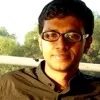
opensource.com
For his effort to share and spread open source far and wide, this year he was awarded a 2015 Opensource.com People's Choice Award.
His most recent articles include: Digitize any book in the public domain, on his work to with Indian poetry important to the culture. Books and more are relicensed to Creative Commons, about news from the Wikimedia Foundation. Mozilla brings Indian communities together, about the Indic FirefoxOS L10n Sprint 2014. And, Open access platform to save the Odia Indian language, on his work to preserve his native culture.
The Basics
- Name: Subhashish Panigrahi ("Subha")
- Opensource.com username: psubhashish
- Location: India (Bengaluru and Odisha)
- Occupation/Employer/Position: Programme Officer, Centre for Internet and Society
- Favorite open source tool or application: Audacity
- Favorite Opensource.com channel: Education
Open up to us.
I was away from home for my studies and was longing to read and write more in my native language of Odia. That led me to co-found eOdissa.com, a portal to tell stories to the rest of the world about my language, history, and cultural heritage. I was a sporadic editor on Wikipedia; anonymously since 2006. Then, in 2011, I was introduced to editing for Odia Wikipedia by my mentor Shiju Alex and friend Asutosh Kar.
That was my entry point to the free software movement. And it was a trap I could never get out of!
I thankfully began a full-time job with the Wikimedia Foundation in 2012 for its India Program. The program is now housed with their Indian movement partner, Centre for Internet and Society, under the Access To Knowledge program. I work in the Bengaluru office but mostly travel to work with the communities. I work on building capacity for the Indian language Wikimedia communities, building institutional partnerships for long term outreach engagement, negotiating with publishers and copyright holders to bring more content relicensed under Creative Commons licenses, and taking part in policy level discourses around open access and enforcing free software for governance.
What open tools and data help you get things done?
For my day job, I solely rely on Wikimedia Stats to collate data related to Wikimedia projects. I use some Python programming, jQuery.ime, and JavaScript for other data-related work. But, I am a people's man and my interaction is mostly with humans rather than tools.
What do you wish were more open?
GLAM (galleries, libraries, archives and museums) and many other cultural institutions have historically been the keepers of cultural knowledge. But I see possessiveness in not opening up their archival for public consumption. I wish more policy level negotiations and open collaborations were happening to open up cultural data.
What are the biggest challenges to openness that you encounter, either at work or in your life?
Community and its growth. Working in a developing nation with historical, cultural, economic, and political hindrances pulls volunteerism down. It's is a huge challenge for me. Tapping into many existing networks and communities, and leveraging ongoing activities for the betterment for the free and open source movement, is something I am struggling for.
Why choose the open source way?
I would like to quote a good friend and activist Michelle Thorne
If we are here to share knowledge, why to restrict its free flow?

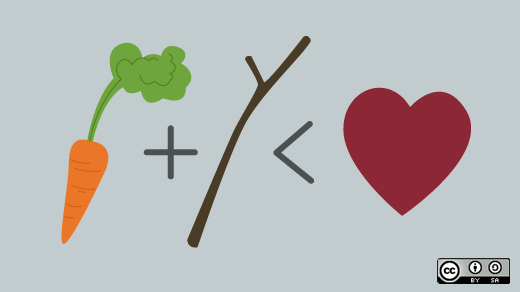

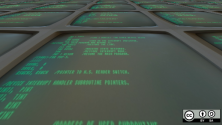
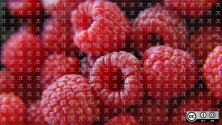
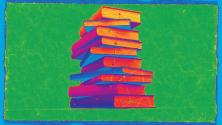

Comments are closed.